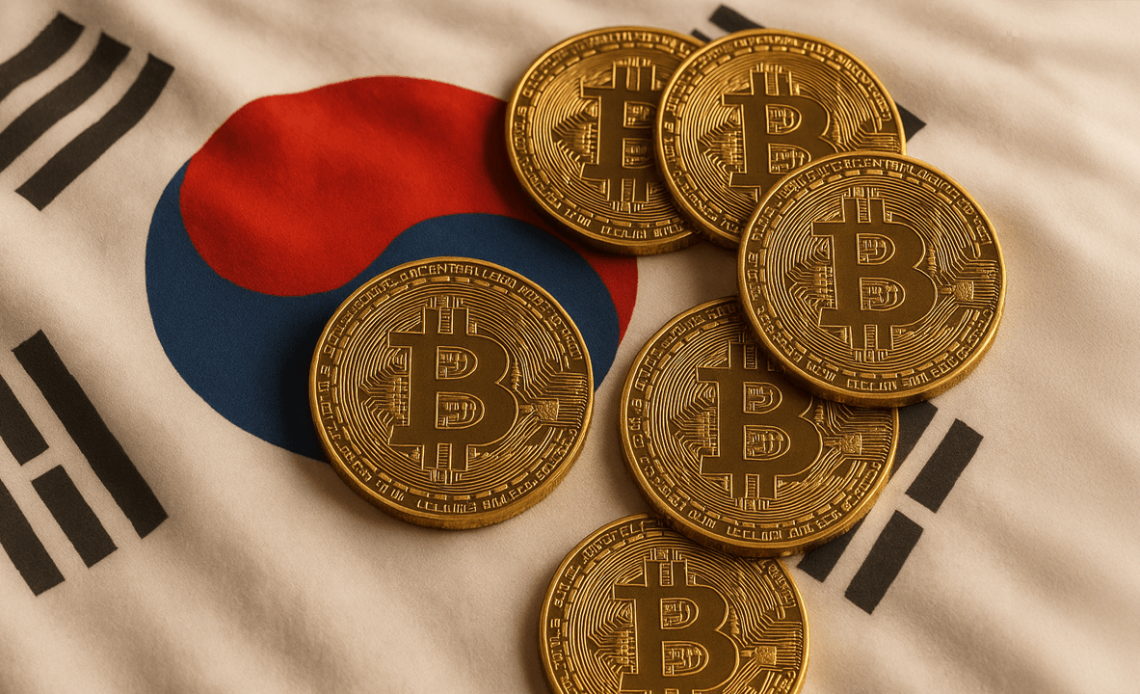
Beginning in June, South Korean nonprofit organizations and virtual asset exchanges will be permitted to trade digital assets freely. Exchanges can sell virtual assets under strict regulatory conditions to prevent conflicts of interest and minimize market impact.
Promoting a Sound Donation Culture
South Korean nonprofit organizations and virtual asset exchanges will be allowed to freely trade digital assets beginning in June, according to a report. The move, finalized during the fourth Virtual Asset Committee meeting in Seoul, seeks to streamline corporate involvement while enhancing user protection against market irregularities.
The report states that the Financial Services Commission (FSC) has finalized draft guidelines authorizing both nonprofits and exchanges to establish dedicated virtual asset trading accounts. To promote a sound donation culture and prevent money laundering, the regulations require the formation of an internal Donation Review Committee to assess the appropriateness of donations.
“In the case of the guidelines for the sale of virtual assets by nonprofit corporations receiving donations and sponsorships, it was decided to focus on establishing a sound donation culture and preventing money laundering through discussions with related organizations and expert task forces,” the FSC stated in its announcement.
According to the report, donations will be limited to virtual assets traded on at least three major Korean won (KRW) exchanges, with a requirement to convert them to cash immediately upon receipt to ensure liquidity for their intended use.
Exchanges will also be permitted to sell virtual assets, but only under strict regulatory conditions aimed at preventing conflicts of interest and minimizing market impact. Eligibility is restricted to registered virtual asset business operators, and sales are strictly limited to covering operational expenses.
Virtual assets available for sale will be confined to the top 20 by market capitalization across the five major KRW exchanges. Daily sales cannot exceed 10% of the total planned sale amount, and exchanges are prohibited from selling on their own platforms to avoid market manipulation.
Exchanges must implement internal controls, including board of directors’ approval for virtual asset sales plans. They must also disclose planned sales in advance and provide post-sale reports detailing the results and fund utilization.
The FSC outlined additional upcoming measures, stating, “We plan to establish customer verification measures for virtual asset transactions between nonprofit corporations and exchanges in May.”
The commission also reaffirmed its commitment to the next phase of corporate integration, with plans to announce real-name account issuance for listed corporations and professional investors in the second half of the year.
Source: Bitcoin



